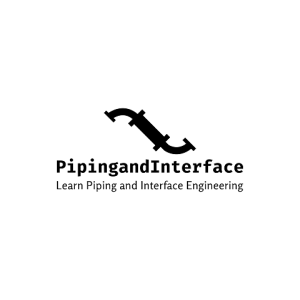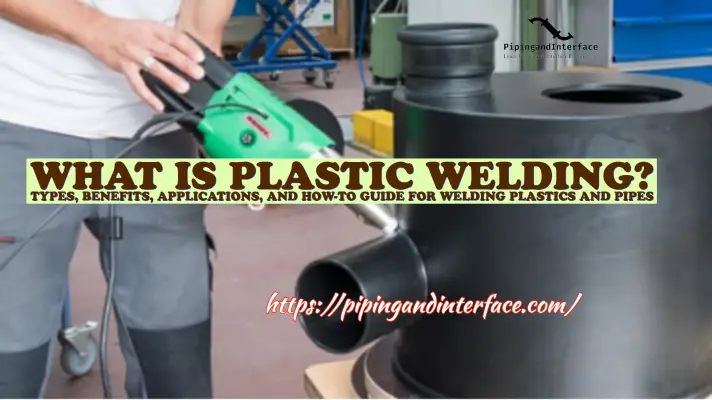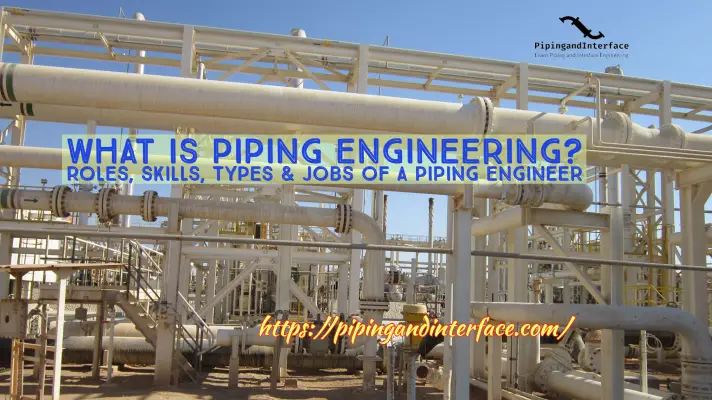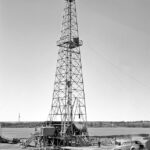The National Association of Corrosion Engineers International (NACE) is a professional organization that focuses on corrosion prevention and control. NACE International was founded in 1943 and is headquartered in Houston, Texas.
NACE International serves nearly 36,000 members in 130 countries worldwide and provides training, certification, standards development, and technical publications related to corrosion prevention and control. The organization is involved in a variety of industries, including oil and gas, pipeline, marine, aerospace, construction, and infrastructure.
NACE International works with industry leaders, government agencies, and academic institutions to develop and promote corrosion prevention and control solutions. The organization publishes standards and recommended practices for corrosion control, including materials selection, cathodic protection, coatings, and inspection and monitoring techniques. NACE International also provides a variety of educational opportunities, including courses, webinars, and conferences.
Effective June 2021 onwards NACE merged with SSPC (Society of Protective Coatings) and changed its name to The Association for Materials Protection and Performance (AMPP).
Functions of NACE
The National Association of Corrosion Engineers International (NACE) serves several functions related to corrosion prevention and control. Here are some of its main functions:
Standards development: NACE develops and publishes standards and recommended practices related to corrosion prevention and control, including materials selection, cathodic protection, coatings, and inspection and monitoring techniques. These standards are widely used in industry and are recognized by regulatory agencies around the world. To date, NACE has published more than 1230 standards.
Education and training: NACE provides a variety of educational opportunities, including courses, webinars, and conferences, to help professionals stay up-to-date on the latest developments in corrosion prevention and control. The organization also offers certification programs for individuals who demonstrate proficiency in various aspects of corrosion control.
Research and development: NACE funds research and development projects related to corrosion prevention and control. The organization works with industry leaders, government agencies, and academic institutions to identify research priorities and develop innovative solutions to corrosion-related challenges.
Advocacy and outreach: NACE works to promote the importance of corrosion prevention and control and to raise awareness of the economic and safety risks associated with corrosion. The organization collaborates with government agencies and other stakeholders to advocate for policies and regulations that support corrosion prevention and control.
Networking and collaboration: NACE provides opportunities for professionals to network and collaborate with each other through conferences, committees, and local sections. These connections can help professionals stay informed about industry developments and build relationships that can facilitate collaboration and problem-solving.
Requirement of NACE
NACE is not required by law or regulation in any particular country or region. However, NACE standards and guidelines are widely accepted and adopted by many industries around the world, particularly those involved in the prevention and control of corrosion.
Industries such as oil and gas, chemical processing, transportation, marine, and infrastructure sectors often use NACE standards and guidelines to design, construct, operate, and maintain their facilities and equipment.
Additionally, many companies and organizations require their corrosion professionals to be certified by NACE. The NACE International Institute offers a range of certification programs, including corrosion technician, corrosion technologist, and corrosion specialist. These certifications demonstrate a high level of knowledge and expertise in corrosion prevention and control, which is highly valued in many industries.
In summary, while NACE is not required by law, its standards, guidelines, and certifications are widely used and valued in industries where corrosion prevention and control are critical.
NACE Corrosion Test
NACE Corrosion Test refers to a group of tests that are designed and conducted by the National Association of Corrosion Engineers (NACE) to evaluate the corrosion resistance of materials, coatings, and other products in specific environments.
There are several NACE corrosion tests that are commonly used, including:
- NACE TM0177: This test method evaluates the resistance of metallic materials to sulfide stress cracking (SSC) in hydrogen sulfide (H2S) environments.
- NACE TM0284: This test method determines the resistance of metallic materials to stress corrosion cracking (SCC) in sour oilfield service environments.
- NACE TM0187: This test method measures the resistance of metallic materials to pitting and crevice corrosion in chloride-containing environments.
- NACE TM0101: This test method evaluates the resistance of metallic materials to corrosion in environments containing acetic acid.
- NACE TM0169: This test method evaluates the resistance of metallic materials to stress corrosion cracking in high-temperature water environments.
These tests involve exposing test specimens to specific environments and monitoring their corrosion behavior over time. The results of these tests can be used to evaluate the suitability of materials, coatings, and other products for use in specific corrosive environments, and to develop effective corrosion prevention and control strategies.
In summary, NACE Corrosion Test refers to a group of tests developed by NACE to evaluate the corrosion resistance of materials, coatings, and other products in specific environments. These tests are commonly used in industries such as oil and gas, chemical processing, and transportation to evaluate the suitability of materials for use in corrosive environments.
Significance of NACE MR 0175
NACE MR0175, also known as ISO 15156, is a standard developed by the National Association of Corrosion Engineers (NACE) International that provides guidelines for the selection and use of materials in environments containing H2S (hydrogen sulfide) in oil and gas production. The standard was developed in response to the industry’s need for materials that can withstand the effects of H2S-containing environments, which can cause stress corrosion cracking, sulfide stress cracking, and other forms of corrosion.
NACE MR0175 specifies the requirements for the selection and qualification of carbon and low-alloy steels, stainless steels, nickel alloys, and other materials for use in H2S-containing environments. It also provides guidelines for the design, fabrication, and testing of equipment and components in these environments.
NACE MR0175 is significant because it provides a standardized approach to selecting and using materials in H2S-containing environments, which can help to prevent failures and accidents in the oil and gas industry. It is widely accepted and used by companies and organizations around the world, and compliance with the standard is often a requirement for doing business in the industry. Additionally, the standard is periodically updated to reflect the latest developments in materials science and corrosion prevention, ensuring that it remains relevant and effective in preventing corrosion-related failures.
NACE Certification
NACE Certification is a program offered by the National Association of Corrosion Engineers International (NACE) to certify individuals who demonstrate knowledge and proficiency in various aspects of corrosion prevention and control. The program offers a range of certifications, including:
- Corrosion Technician: This certification is designed for individuals who have a basic understanding of corrosion and its effects, and who work under the supervision of a more experienced professional.
- Corrosion Technologist: This certification is designed for individuals who have a more advanced understanding of corrosion prevention and control, and who are able to develop and implement corrosion control plans.
- Senior Corrosion Technologist: This certification is designed for individuals who have extensive experience and expertise in corrosion prevention and control, and who are able to manage complex corrosion control projects.
- Corrosion Specialist: This certification is designed for individuals who have a deep understanding of corrosion prevention and control and who are able to develop and implement corrosion control programs at the organizational level.
- Cathodic Protection Specialist: This certification is designed for individuals who have a deep understanding of cathodic protection and who are able to design and implement cathodic protection systems.
To obtain certification, individuals must meet specific education and experience requirements, pass an examination, and maintain their certification through ongoing professional development. NACE Certification is widely recognized in the industry and can help individuals demonstrate their expertise and advance their careers.
Steps for NACE Certification
The steps for NACE certification are as follows:
- Determine the Certification Level: Choose the appropriate certification level based on your job responsibilities and qualifications. NACE offers several levels of certification, including Certified Corrosion Technician (CCT), Certified Corrosion Technologist (CCT), and Certified Corrosion Specialist (CCS).
- Meet Eligibility Requirements: Review the eligibility requirements for the chosen certification level. Eligibility requirements may include education, work experience, and other qualifications.
- Submit an Application: Complete and submit an application for the desired certification level. The application typically requires information on education, work experience, and other qualifications.
- Schedule and Take the Exam: After the application is approved, schedule and take the certification exam. The exam is typically a multiple-choice test that covers topics related to corrosion science and engineering.
- Receive Exam Results: After taking the exam, the results are typically provided immediately, either on the computer screen or by email.
- Maintain Certification: NACE certifications are valid for a certain period of time, typically three years. To maintain certification, individuals must earn a certain number of continuing education units (CEUs) during the certification period. CEUs can be earned by attending NACE conferences and events, completing NACE training courses, and other approved activities.
In summary, the steps for NACE certification involve determining the appropriate certification level, meeting eligibility requirements, submitting an application, taking the exam, receiving exam results, and maintaining certification through continuing education.







How do I sign up for courses or pamphlets for tests